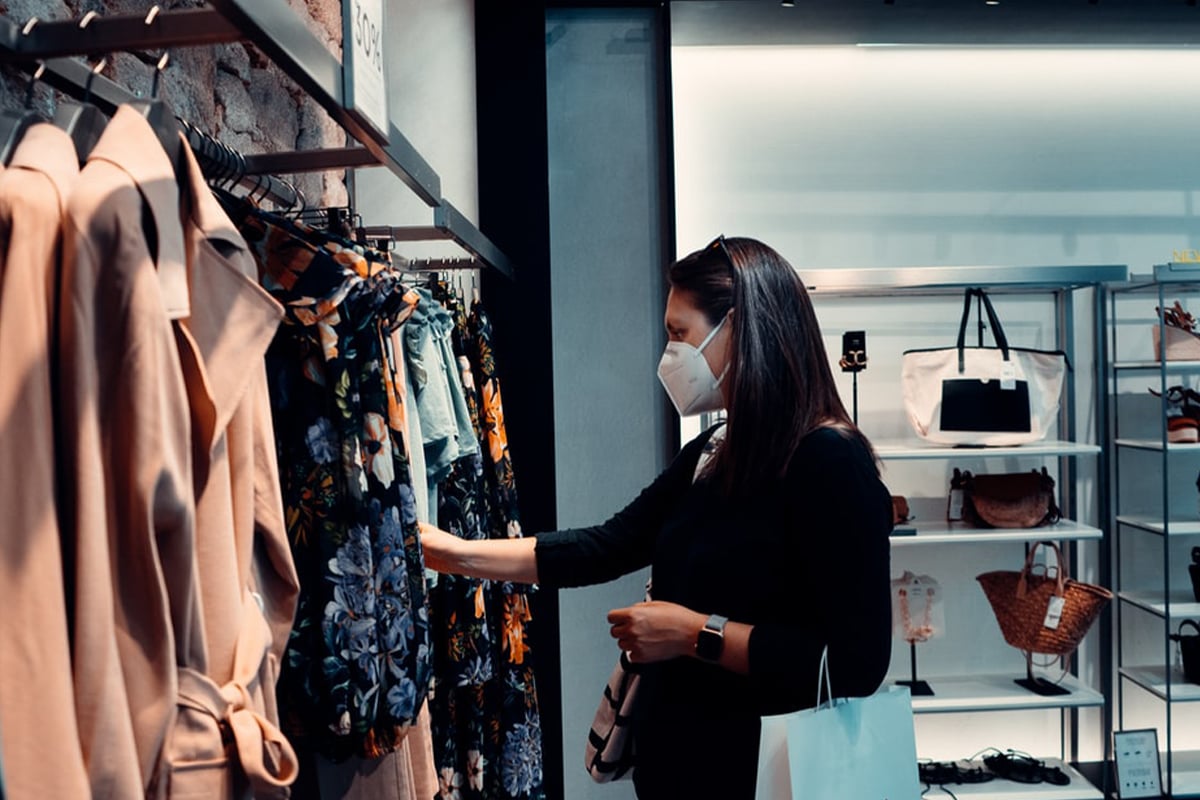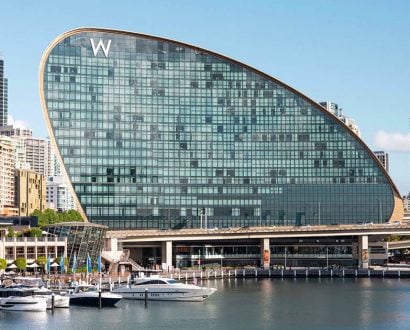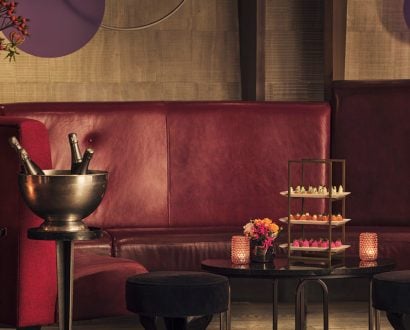The Quintessentially Group, founded in London as a concierge service two decades ago, has grown into a global lifestyle management operation, with clientele including Marriott International, Cartier and Lamborghini.
Its portfolio of leading brands and experience in the luxury sector – having handled millions of requests and delivered 65,000 experiences to more than 700,000 clients worldwide – has allowed the business to witness behavioural shifts on a global scale.
“In taking away our in-person interactions, the pandemic has shone a light on our priorities – genuine human connections have never been more valuable.” – Annastasia Seebohm
Earlier this year, Quintessentially released a white paper outlining the five cultural shifts it believes will hold significant implications for businesses over the coming decade.
The report identifies how the experience economy is evolving, and that the value of goods, services and experiences increase with their ability to create a feeling of connection. Quintessentially calls this new reality The New Era of Connection.

“The last few months have brought about significant changes across the board, from the way we live, work and travel to how and where we interact with family and loved ones,” Quintessentially Group CEO Annastasia Seebohm tells The CEO Magazine.
“The predominant theme we have seen among our members during this challenging period is the need for greater connection, both to the people around us and, perhaps most importantly, to ourselves.
“In taking away our in-person interactions, the pandemic has shone a light on our priorities – genuine human connections have never been more valuable. We are looking for authentic relationships and a clearer sense of self.”
Quintessentially: The New Era of Connection
Activism: Conscious Consumption
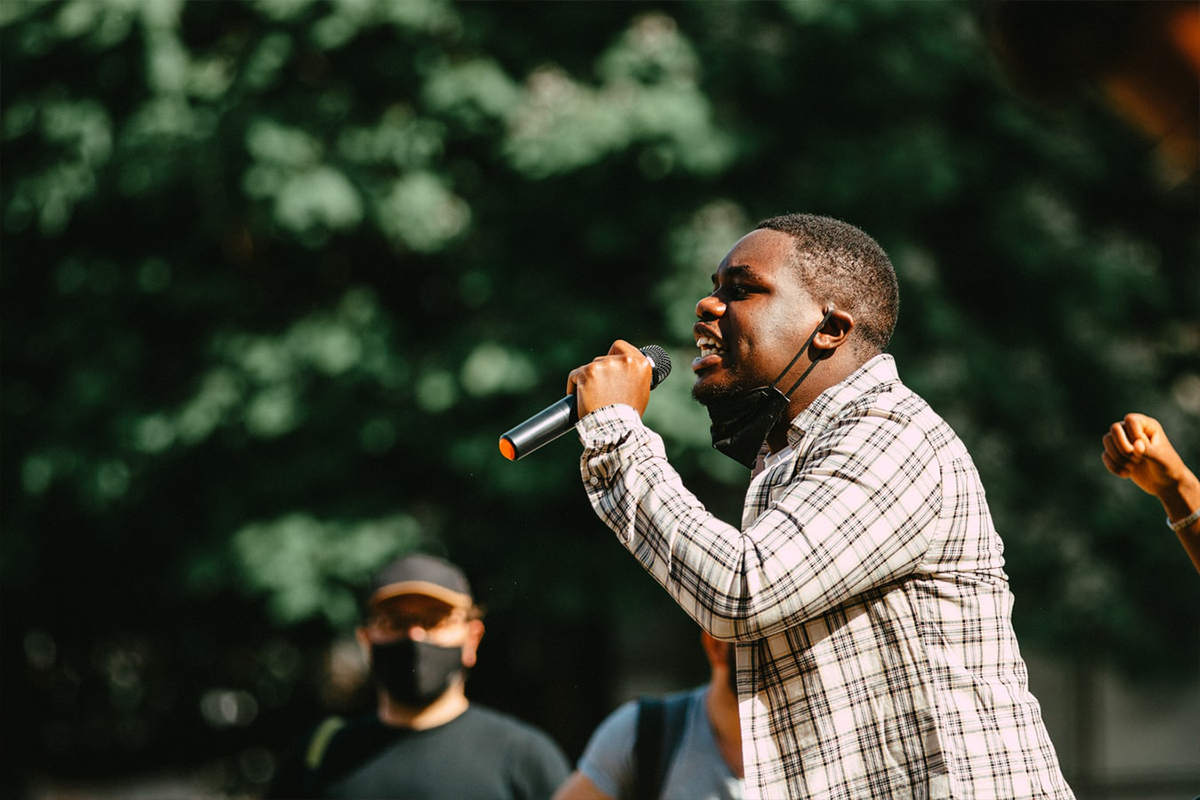
Activism has become more mainstream, driven by passionate millennials and gen Z. Younger generations of affluent consumers are more considerate of brands’ social and environmental credentials.
“Brands are having to respond meaningfully. It is no longer enough to have a brand purpose; brands must take a stance with purposeful actions,” Annastasia says. “Pre-COVID, we had seen a marked increase in requests for brands with strong sustainability credentials among our members.
“From choosing socially responsible designer goods to seeking out environmentally friendly resorts, we are seeing consumers vote with their wallets.”
Annastasia further notes that luxury brands may have relied on ‘conspicuous consumption’ in the past – where the affluent signal their success through the brands they buy. But now they would rather signal their virtues and beliefs.
“We are now witnessing the rise of conscious consumption,” she adds. “In this new era, there is an onus and expectation on all luxury brands, to help drive positive societal change and impact.” The emergence of terms like ‘wokewashing’, ‘performative allyship’ and ‘greenwashing’ hints at the dangers of getting this wrong.
“Instead of trying to be all things to all people, Quintessentially suggests authenticity and transparency on a few issues is how a brand can be a leader,” Annastasia confirms.
Connectivity: Seeking meaningful connections through tech

COVID-19 has accelerated the uptake in technologies like virtual reality and video calling. Before the pandemic, members may have expressed reluctance in taking part in a brand experience in their home – that has since changed.
“We have delivered one-on-one cooking classes with top chefs, personal masterclasses with artists, photographers and craftsmen, virtual wine tastings, tours of vineyards, and sessions with health and wellness experts,” Annastasia explains.
“People are using technology to facilitate self-development and to connect meaningfully with others. While social media companies have come under flack and we have seen a significant rise in ‘digital detox’ holidays, during the pandemic, the use of technology has largely been a force for good. For all its imperfections, technology has enabled us to feel more connected to others during lockdowns.”
Notably, luxury brands are attempting to leverage technology to facilitate relationship building and bridge the gap between online and offline experiences.
“While they can’t deliver a highly personalised instore service, they can offer a hybrid of virtual and in-person events to retain the element of human connection.”
Philanthropy: establishing ‘living legacies’ through targeted giving

Quintessentially has seen a rise in members giving back, whether that’s donating funds for personal protective equipment and medical supplies or supporting Black Lives Matter causes and those affected by the Californian wildfires.
“Instead of trying to be all things to all people, Quintessentially suggests authenticity and transparency on a few issues is how a brand can be a leader.” – Annastasia Seebohm
“For many wealthy individuals, the opportunity to play a part in shaping society is a great focus,” Annastasia notes. “They are not just donating but also playing active roles in the charities and causes that they care about.”
Health: Health-based decision-making

Pre-pandemic, health and wellness were already rapidly growing request categories for Quintessentially’s members. Now, however, the demand for one-on-one time with wellness experts, and access to healthier food products has never been higher.
“Since COVID, we have connected innumerable members to the world’s leading professionals in the health and wellness field – from virtual sessions with life coaches to time with yoga, Pilates, fitness and sleep experts.”
Annastasia recommends for all brands to be mindful of how they can make this precious resource part of their fabric – “all brands are now health brands”.
“Businesses should consider adjusting their new product development pipeline to include a health or wellness offering. In the short-term, they must ensure COVID safety measures are well communicated, consistent and thorough.”
Self-transformation: Bespoke self-betterment
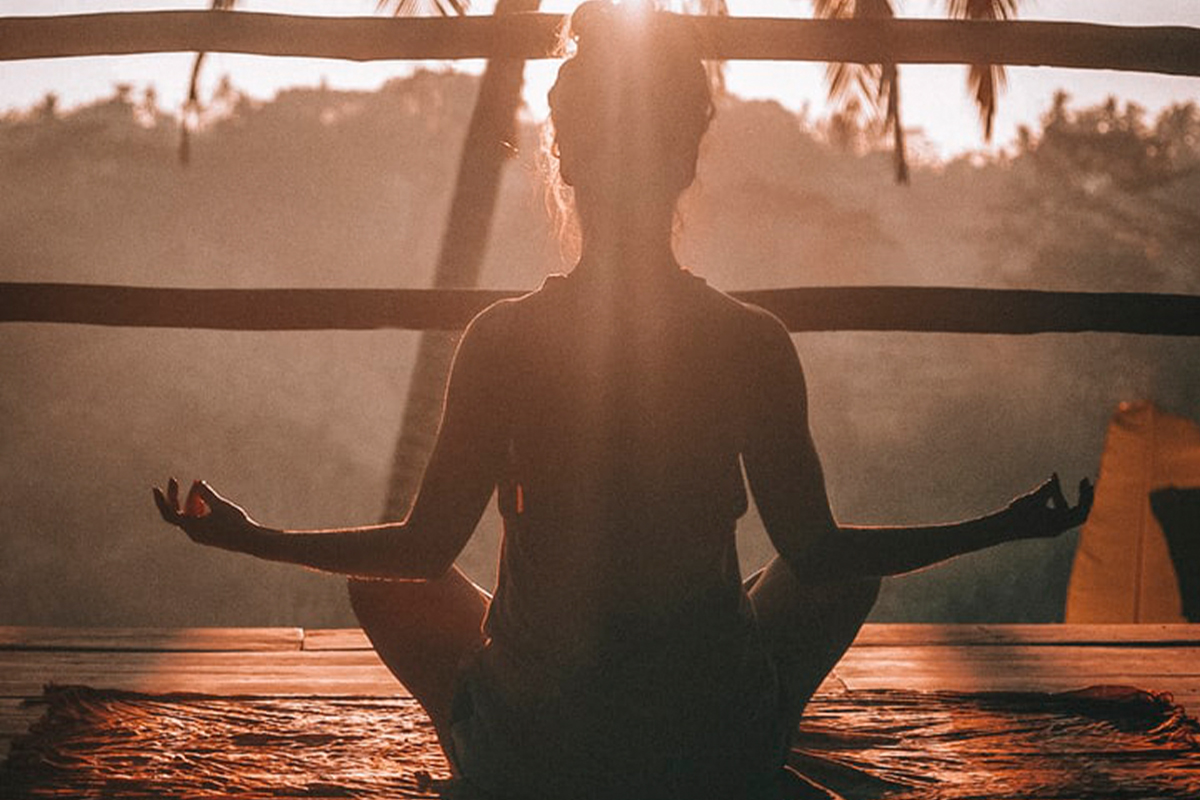
Knowledge has become a new form of social capital. While ambitious individuals have prioritised learning and growing for many years, such endeavours have grown in popularity during isolation.
“We have seen a great focus on self-betterment,” Annastasia explains. “Members have been learning new skills such as studying a new language, learning martial arts, mastering a musical instrument or embarking on cookery lessons.
“This trend for self-betterment will only increase in months to come, as a transformation economy emerges and grows.”

